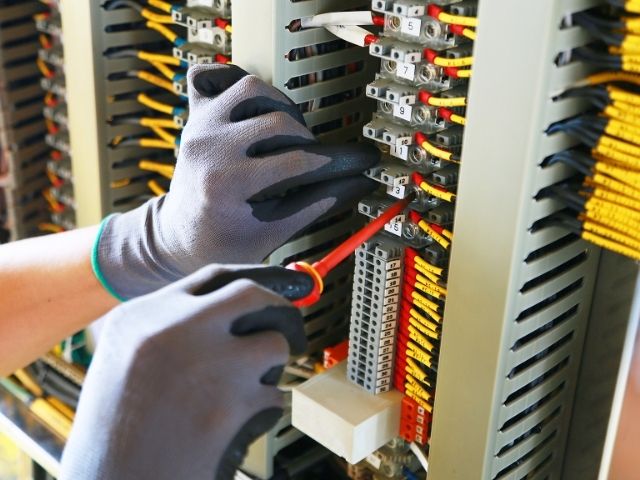In the ever-evolving landscape of industries, diversity and inclusion have emerged as not just buzzwords but essential elements for sustainable growth and innovation. Within the electrical industry, where technological advancements are rapid and demands for skilled professionals are high, promoting diversity and inclusion isn’t just a moral imperative but a strategic necessity. This article delves into the significance of diversity and inclusion in the electrical industry and offers actionable strategies to foster a more inclusive and diverse workforce.
Understanding the Need for Diversity and Inclusion
The electrical industry, like many others, has historically been dominated by a homogenous workforce, primarily consisting of white males. However, times are changing, and the imperative for diversity and inclusion is gaining traction for several reasons:
1. Innovation and Creativity
Diverse teams bring together individuals with different backgrounds, perspectives, and experiences. This diversity of thought sparks innovation and creativity, leading to the development of groundbreaking technologies and solutions. In the fast-paced world of electrical engineering, innovation is key to staying ahead of the curve. If you are seeking a source of inspiration and guidance about choosing an electric contractor, visit their page for further info.
2. Better Problem-Solving
Inclusive environments foster open communication and collaboration. When individuals feel valued and respected for their unique contributions, they are more likely to actively participate in problem-solving processes. A diverse workforce brings varied approaches to tackling challenges, resulting in more effective solutions.
3. Meeting Customer Needs
The consumer base of the electrical industry is diverse, encompassing people from different cultures, backgrounds, and demographics. A workforce that reflects this diversity is better equipped to understand and meet the needs of a diverse customer base, leading to improved customer satisfaction and loyalty.

Strategies for Promoting Diversity and Inclusion
Promoting diversity and inclusion requires a concerted effort from all stakeholders within the electrical industry. Here are some strategies to enact meaningful change:
1. Education and Training Programs
Implementing education and training programs aimed at promoting diversity and inclusion is crucial. These programs can include workshops on unconscious bias, cultural competency training, and diversity awareness seminars. By providing employees with the necessary tools and knowledge, organizations can cultivate a more inclusive workplace culture.
2. Diverse Hiring Practices
Rethinking hiring practices to prioritize diversity is essential. This may involve implementing blind recruitment processes, where candidates are evaluated based solely on their skills and qualifications, without consideration of their gender, race, or background. Additionally, actively seeking out candidates from underrepresented groups can help increase diversity within the workforce.
3. Mentorship and Support Networks
Establishing mentorship programs and support networks for employees from underrepresented groups can foster a sense of belonging and provide valuable guidance and support. Pairing junior employees with mentors who share similar backgrounds or experiences can help them navigate the challenges they may face in the industry.
4. Creating Inclusive Policies
Reviewing and revising existing policies to ensure they promote inclusivity is paramount. This includes policies related to recruitment, promotion, and workplace conduct. Organizations should strive to create an environment where all employees feel valued, respected, and supported in their professional endeavors.
Conclusion: Lighting the Way Forward
In conclusion, promoting diversity and inclusion in the electrical industry is not just a moral imperative but a strategic advantage. By embracing diversity and fostering an inclusive workplace culture, organizations can drive innovation, enhance problem-solving capabilities, and better serve their customers. Through education, diverse hiring practices, mentorship programs, and inclusive policies, the electrical industry can illuminate paths forward towards a more equitable and prosperous future.


